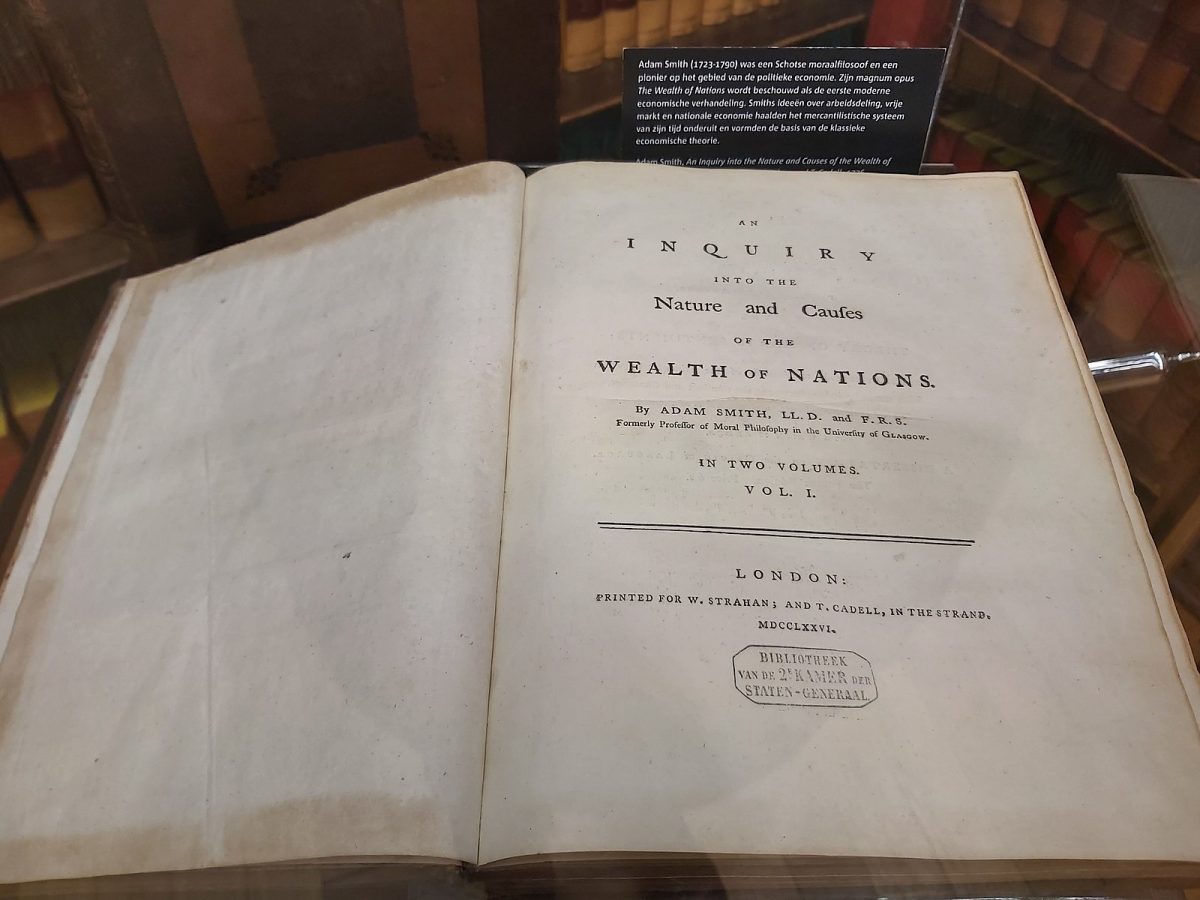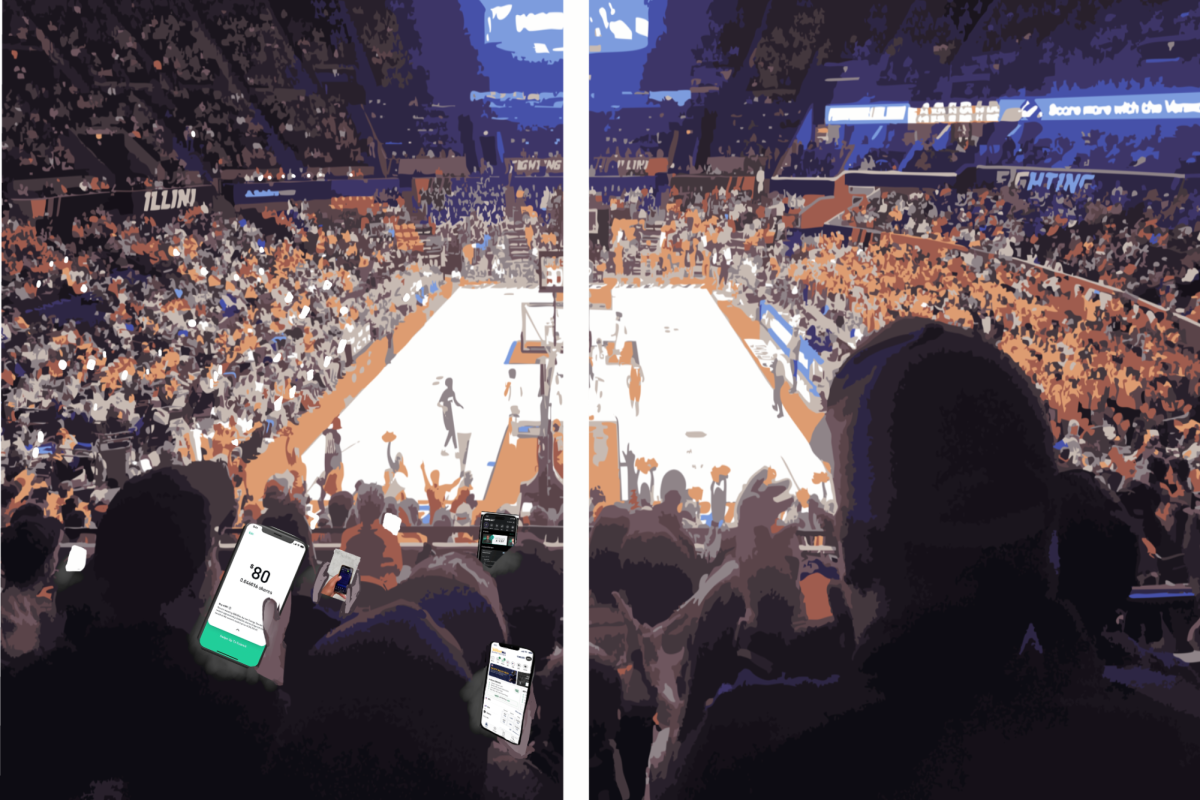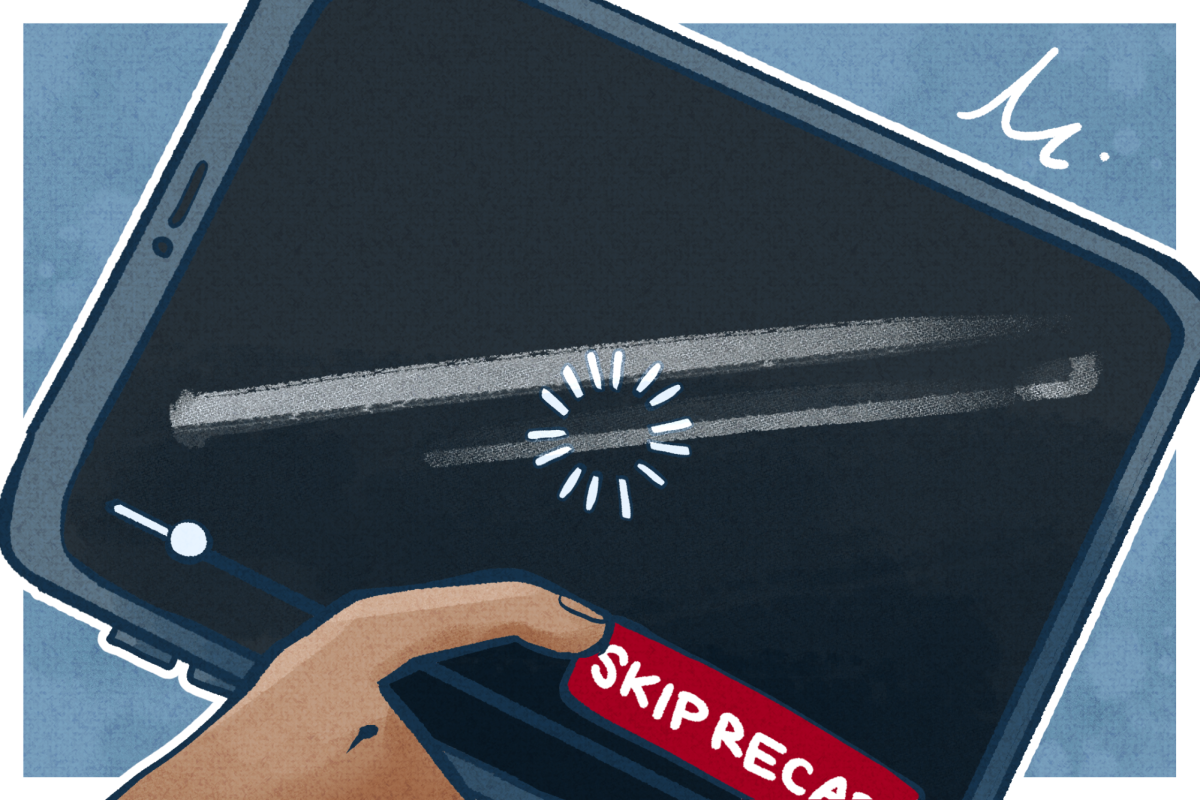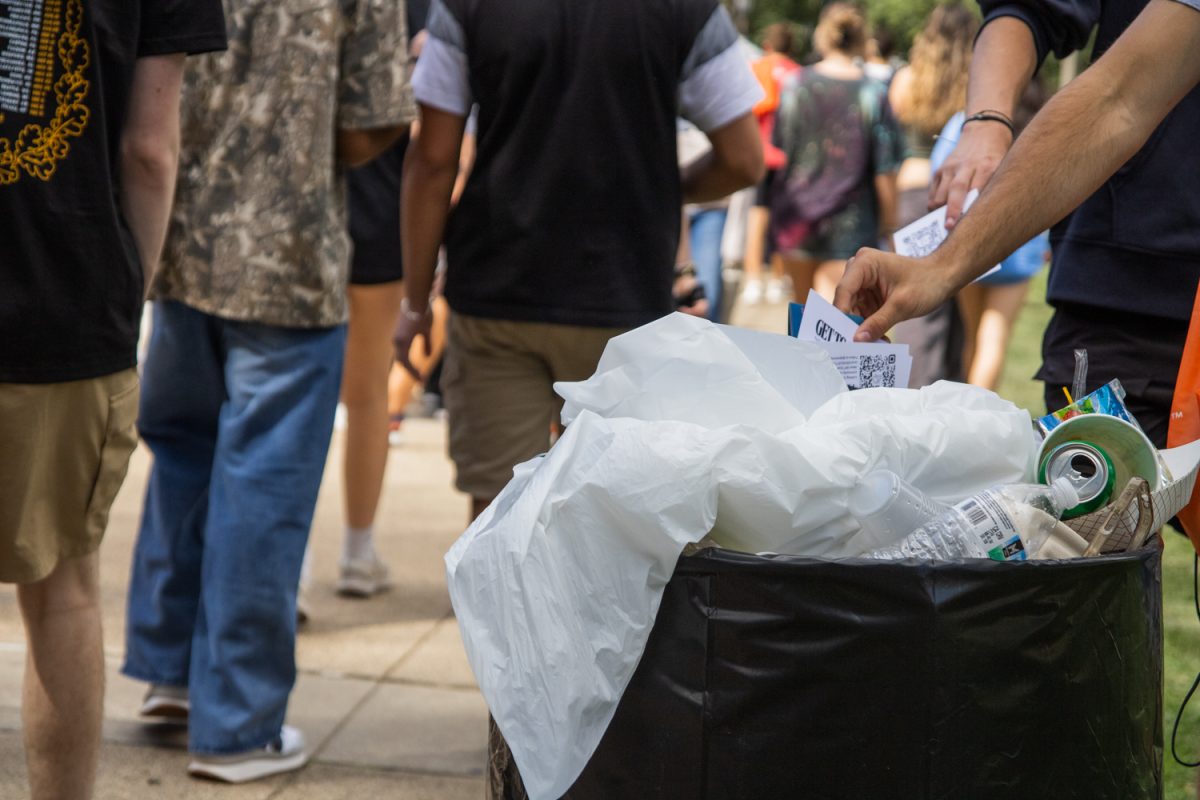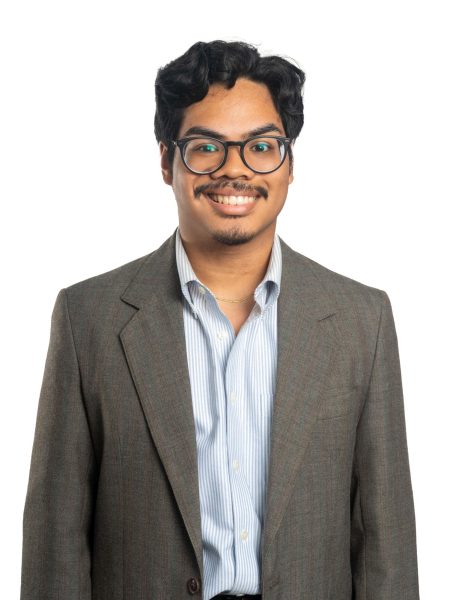This column is split into multiple parts for brevity. This section will focus on a lack of clear undergraduate research opportunities for economics students.
Throughout the grueling process of job hunting, I often think about some words from Marxian economist and economics professor Richard Wolff. In an interview with journalist Bill Moyers for “Moyers & Company,” the two talk about a myriad of topics, but Wolff’s critique of academic economics stands out to me the most.
For Wolff, economics is “almost a schizophrenic kind of pursuit.” In American universities, the subject of economics is simultaneously taught by both the economics department and the business school.
Where the difference lies, Wolff argued, is that the job of economics is to “develop abstract theories of how economics works to make it all like it’s a stable, equilibrium that meets people’s needs in an optimal way.” But not how real life works — and is ultimately useless to those who want to develop applicable skills.
Get The Daily Illini in your inbox!
Suppose the objective of an economics degree is tailored toward providing students with the theoretical knowledge that serves as the basis for economic research. In that case, the University is not doing enough to promote opportunities for undergraduates to get involved and acquire the tools to conduct research on their own.
One way this can be accomplished is through the Undergraduate Research Apprenticeship Program.
Abigail Stocker, graduate student studying economics, was the only economics graduate student to participate in URAP, offering one undergraduate a chance to get involved in the field of development economics research.
URAP’s goal is vital — “offering undergraduate students with little or no research experience the opportunity to work with graduate students and post-doctoral scholars on their research projects” while also offering a chance to engage with a community of scholars.
Yet not enough is done to promote this program to graduate students who are interested in conducting research and taking on a mentee.
According to Stocker, “at the very bottom of the (GradLINKS) email, there was a link for undergraduate research. … I feel like it was not very well advertised. I don’t think many people read those emails.”
None of Stocker’s colleagues seemed to know the program existed.
While Stocker’s was the only URAP project offered by a member of the economics department, the field of political science, on the other hand, accounted for 12 of the 55 possible research projects offered for the upcoming URAP cohort. It’s likely that there’s simply more awareness of the URAP program in the political science department.
Things are looking up, though. Thanks to Stocker’s involvement, we may be seeing more projects within URAP hoping to advance our “dismal science.”
Relying on URAP to foster undergraduate research experiences in economics isn’t practical, however. There’s a limit — hovering around 60 — for how many students can be mentees, due to URAP participants having to take GC 295: URAP Research Apprenticeship. This is not nearly enough for 1,300 undergraduates studying economics alone.
One of the challenges of promoting undergraduate research opportunities, particularly for economics, is that professors will typically seek out graduate students for research assistant positions.
“Theoretically, the grad students have some technical knowledge and some research experience, and they don’t have to start the training from square one,” Stocker said.
In traditional economics fashion, we discussed the trade-offs of this. In the short run, there’s less on-boarding, but the professor is giving up the chance to provide an opportunity for an undergraduate student — especially an underclassman who could be around for many semesters.
Economics students are able to take ECON 199, an open seminar course, or ECON 399, an open seminar course for upperclassmen who have taken introductory statistics and intermediate microeconomic theory. But more often than not, the culminating work from an independent comes in the form of a literature review.
Stocker summarized the difference between literature review and research assistantships as, “(You’re) learning about what other people have done, whereas research, like working with a grad student or professor is more like, ‘Nobody has done this before — how are we going to figure this out?’”
Research assistantships are also more conducive to learning technical tools and certain aspects of economics research, like creating models and learning standard coding languages like R and Stata — at least for more empirical projects.
In most cases, you’d want to be mentored by someone well-versed in research, if only to more effectively carry out a personal project through one of the open seminar courses offered.
One solution is to encourage more interactions between undergraduates and graduate students or professors who are interested in conducting research and taking on research assistants. The economics department and the Econ Ambassadors do a good job at promoting research spotlights and professor chats at David Kinley Hall.
The next step would be more focused panels meant for discussing research opportunities and simply interfacing with professors and graduate students.
There’s a benefit for undergraduates looking for people under whom they may want to conduct research. Stocker noted, “You get some self-selection: These are the people that are better to ask relative to just cold emailing everyone.”
This also works for professors or graduate students looking for potential students to take on as assistants. Stocker referred to this as a matching effect.
“You want to know that this is a student who’s actually going to do a good job,” she said. “And so, on our side, we wouldn’t want to email just the whole class, because then you run the risk of getting somebody who’s not very committed.”
An upcoming registered student organization, Scholarly Reading Circle for Economics, could occupy this niche. SRCE is meant to act as a book club where members can present on topics within economics that they are interested in. The solution is there — graduate students and professors can use this space to interface with undergraduates about their research interests.
Yet SRCE also represents a solution for what Stocker referred to as an “information constraint” that exists within the undergraduate economics curriculum. The second part of this column will focus on how the undergraduate economics curriculum can be improved to instill a passion for economics while providing tangible, technical skills.
Raphael is a sophomore in LAS.



